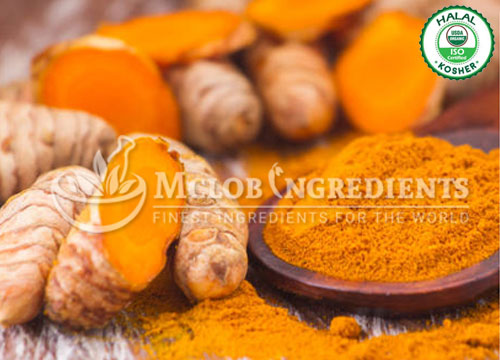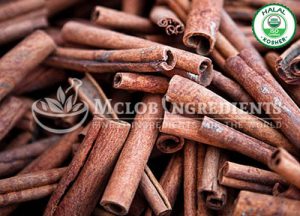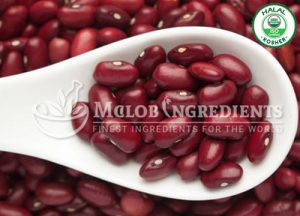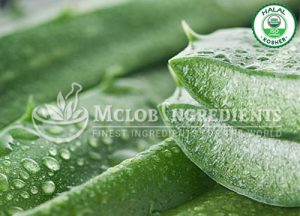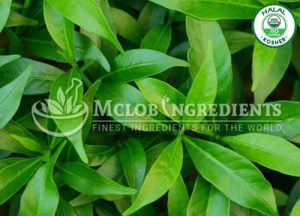The Turmeric plant is a perennial, rhizomatous, flowering, and herbaceous plant. These rhizomes are used in cooking. Turmeric is found in the Indian subcontinent and Southeast Asia. Turmeric requires temperatures between 20 and 30 °C and a considerable amount of annual rainfall to thrive. The rhizomes are used fresh or boiled in water and dried, after which they are ground into a deep orange-yellow powder commonly used as a flavoring agent and coloring agent in many Asian cuisines, especially for curries and for dyeing, characteristics imparted by curcumin chemical contain turmeric. Turmeric powder has a warm, bitter, flavor like black pepper, and is earthy, the aroma is mustard-like. Although turmeric is long used in Ayurvedic medicine, where it is also known as Haridra.
Benefits :
- Increases Antioxidants in Body.
- Treat and Prevent Alzheimer’s Disease.
- Treat Skin Conditions.
- Might Prevent Cancer.
- Helps Lower Cholesterol
- Help to control weight
- Used in the treatment of Depression
- Treat Gastrointestinal conditions
- Help relieve Arthritis
Side effects:
Some people can experience mild side effects such as nausea, stomach upset, dizziness, or diarrhea if they are in higher doses otherwise turmeric doesn’t cause any serious side effects.
Precaution:
- Avoid in pregnancy because larger amounts of turmeric might cause a menstruate uterus, putting the pregnancy at risk.
- Avoid turmeric for people who have gallstones or a bile duct obstruction because Turmeric can make gallbladder problems worse.
- Avoid people who have Bleeding problems. Turmeric might slow blood clotting which might increase the risk of bruising and bleeding.
Interaction:
If you take any medicines regularly, Advice of your doctor before you start using turmeric supplements. They could interact with medicines like NSAID painkillers, aspirin, antacids, diabetes drugs, statins, blood pressure medicines, and blood thinners.
Dose:
In adults, Turmeric doses of up to 1.5 gm for up to 9 months daily. It is also sometimes used in mouthwashes, creams, gels, and tonics. Advice a healthcare provider to find out what dose might be best for a specific condition.



